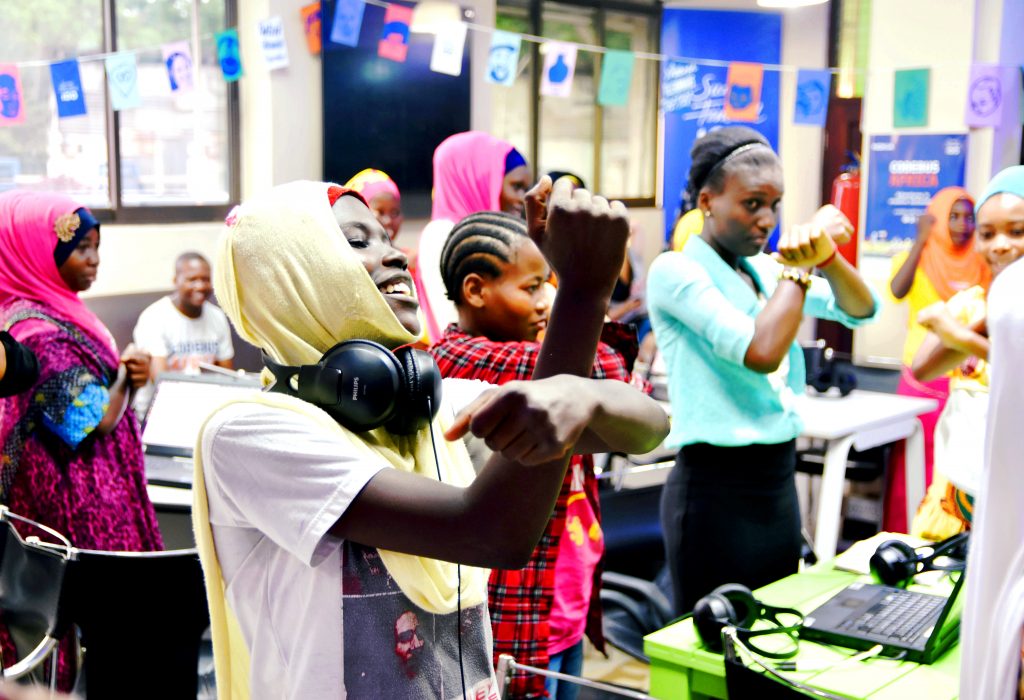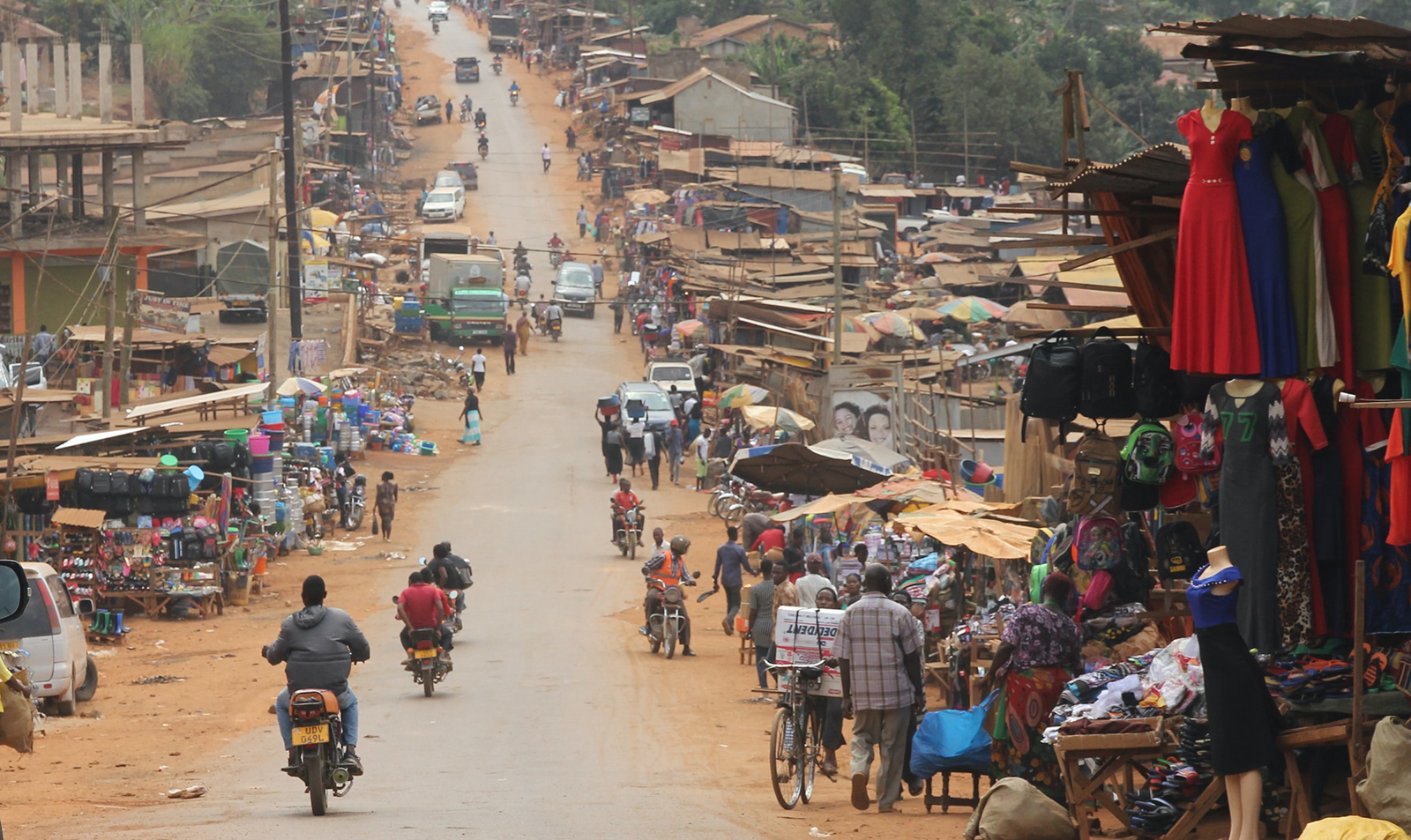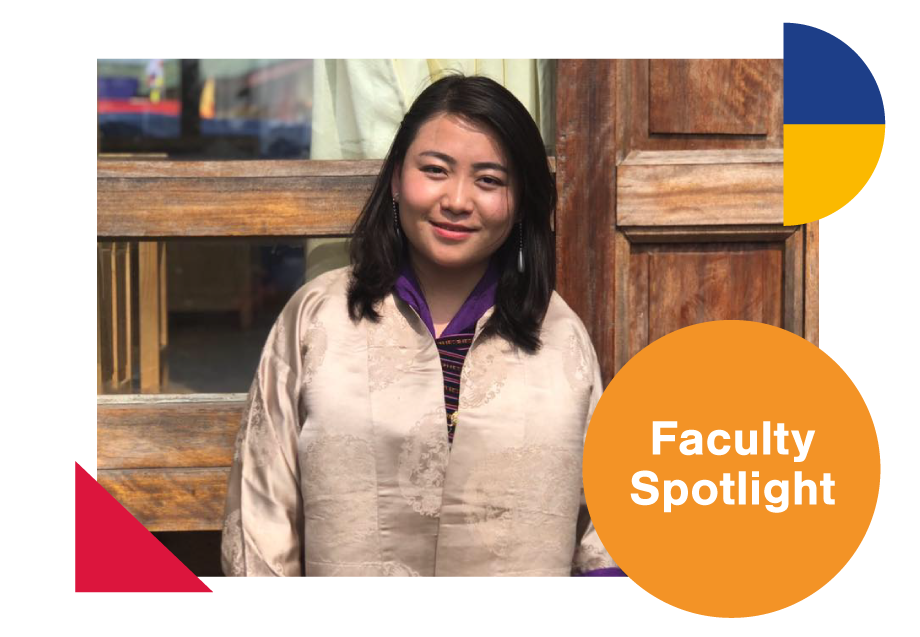CodeBus Africa’s continent-wide tour empowering youth through creative coding workshops has come to an end in South Africa. Cape Town’s Khayelitsha township served as the project’s final stop with local start-up accelerator mLab, Finnish Aalto University, Nokia, Mehackit and the Embassy of Finland in Pretoria welcoming youth and guests to a wrap-up party on Saturday.
Organised this year for the first time as part of Finland’s centenary celebrations, CodeBus’ 100-day tour started in Ghana in February, stopping in Nigeria, Ethiopia, Kenya, Uganda, Tanzania, Zambia, Namibia and Mozambique before wrapping up in South Africa. Hailed as an empowering celebration of community and technology, the project reached some 1,800 youth with one-day coding workshops, in which they programmed songs using the free open-source software Sonic Pi. The creative and playful approach targeted especially girls, who made up the majority of the workshop participants in every country.
Project Lead Irena Bakic, who steered CodeBus throughout the journey, credits the project’s success to a shared ambition and seamless collaboration between the project partners.
“CodeBus truly embodies the official theme of Finland’s 100th independence anniversary, ‘together’, and I want to thank everyone involved for their dedication. We witnessed African and Finnish innovators co-creating a unique experience that left every youngster with a sense of accomplishment and eagerness to continue exploring technology,” says Bakic, who works at Aalto University’s Global Impact unit. “I am immensely proud of our international CodeBus community and commend everyone’s ambition in empowering African youth.”
Though compact in its initial 100-day scope, the CodeBus project aims to contribute to long-term efforts in democratising youth participation in science, technology and innovation fields. To this end, up to six workshop instructors were trained in each of the ten countries with the goal of supporting the local partners’ capacity in continuing creative technology education. The coordinating partner Aalto Global Impact surveys the partner organisations’ feedback and future plans – first during the tour and again in six months’ time – to support the development of the project’s next steps.
“We have built a fantastic network of leading African technology and education organisations, some of which have already continued with the Sonic Pi curriculum. This is only the beginning and I look forward to seeing CodeBus Africa evolve into a powerful movement impacting youth across the continent,”
For updates, photos and videos from CodeBus Africa’s journey, visit www.codebusafrica.com, and follow the project’s social media channels on Facebook, Instagram and Twitter.
More information:
Irena Bakić
Project Lead
Aalto Global Impact, Aalto University
irena.bakic@aalto.fi, +358 50 313 9803
CodeBus Africa is coordinated by Aalto Global Impact, which promotes Aalto University’s societal impact globally through education, research and innovation. The project’s organising partners are the Ministry for Foreign Affairs of Finland, Nokia, Mehackit and over 15 African technology hubs, educational institutions and organisations.
This post was written by Roope Kiviranta



